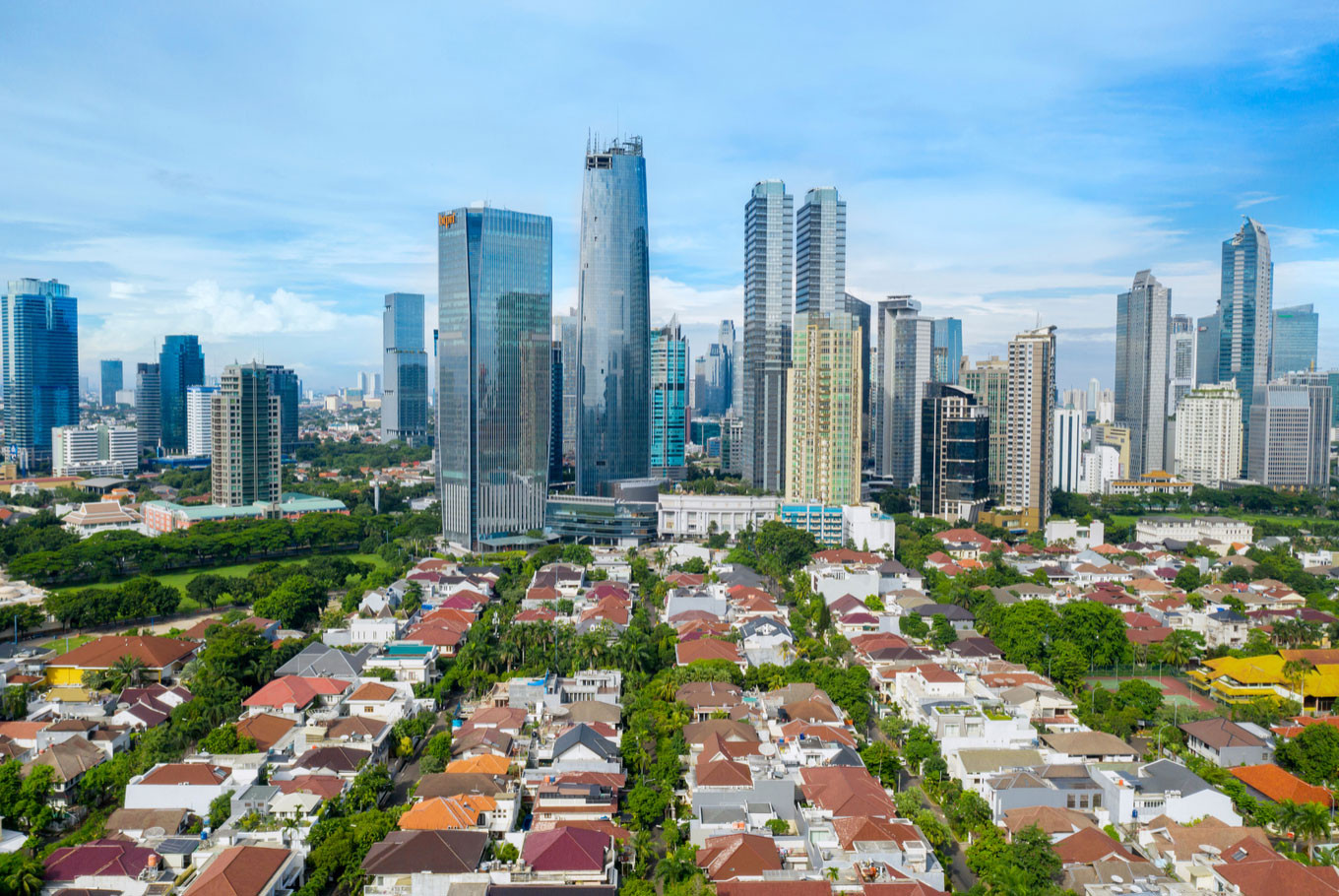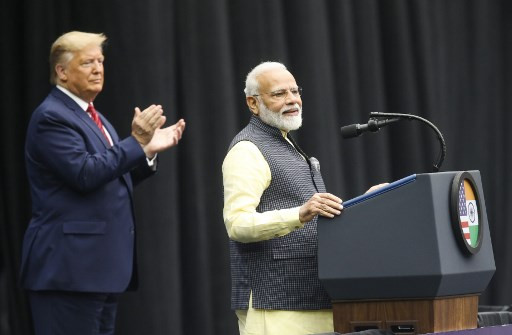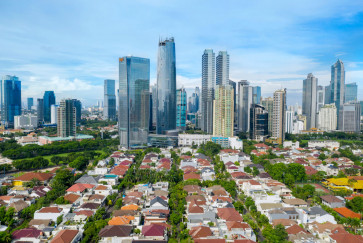Popular Reads
Top Results
Can't find what you're looking for?
View all search resultsPopular Reads
Top Results
Can't find what you're looking for?
View all search resultsBuilding material start-ups push into construction business
The business-to-business platforms cannot directly bring down building material prices, but they could help property developers manage costs, according to an expert.
Change text size
Gift Premium Articles
to Anyone
B
uilding material prices have been on an upward trajectory since 2020, when COVID-19 hit the construction industry hard, data from Statistics Indonesia show.
This has moderated growth in the property sector, as Finance Minister Sri Mulyani explained on Feb. 7 when announcing last year’s state budget figures.
That, in turn, has put a damper on the growth of investment in productive assets, or gross fixed capital formation (GFCF), which the property business plays a significant role in.
New tech start-ups that have sprung up during the pandemic believe they can help construction firms cut costs in the procurement of materials, and while they currently occupy but a tiny niche in the industry, the nascent business-to-business platforms have raised at least US$8 million in funding from local and foreign investors.
According to Roshan Raj, a partner at Redseer Strategy Consultants, investor interest is driven by the huge total addressable market (TAM) of the country's construction sector and relatively high profitability.
"Indonesia's manufacturing market was about $148 billion in 2021. It accounted for more than three-fourths of the country's exports," Roshan told The Jakarta Post on Wednesday.
However, Roshan said those start-ups might not be able to directly offset inflationary pressure on building material prices.


















